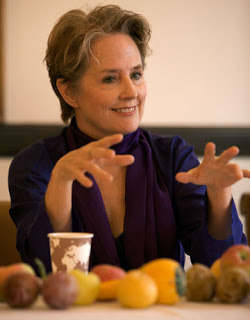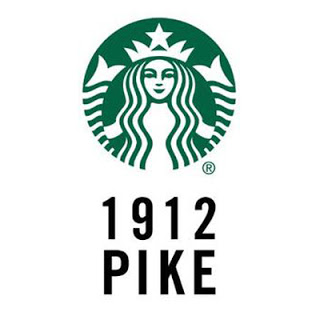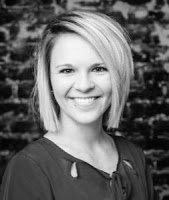Trends
Some Trends are Like Wine: They Get Better With Age

by Lauren Sobolik,
There was something that stood out to me from our first speaker of #FUSE16 Day 3, John Silva. It was the fact that marketers and designers tend to rally around these buzzword trends and then dismiss them as soon as we hear more and more people catching onto them. I am so guilty of this, as are many within the Gen Y category. Why? We're all just trying to keep up with each other. Attention spans are low, consumers avoid traditional marketing like the plague, we're trained to adopt early, change fast, and hurry to the next XYZ before people have even discovered ABC.
Hold it.
What I learned today, is that trends with substance take time to reach their potential for mainstream change. They are built from significant shifts in culture. And they deserve a higher level of respect from me than cutting them off before they're done talking.
 This thought was expanded upon when Grant McCraken (anthropologist) took the stage and dove into the history and current presence of the artisanal movement. This movement of 'de-industrializing American capitalism' and replacing big CPG's with small, intimate handmade products actually started over 40 years ago with food activist Alice Waters and her California restaurant, Chez Panisse. This woman was the patient zero of sustainable, organic, local, farm to table food, handcrafted, handlettered, corporate responsibility, and 40 years later, Michelle Obama is planting a garden on the lawn of the White House.
This thought was expanded upon when Grant McCraken (anthropologist) took the stage and dove into the history and current presence of the artisanal movement. This movement of 'de-industrializing American capitalism' and replacing big CPG's with small, intimate handmade products actually started over 40 years ago with food activist Alice Waters and her California restaurant, Chez Panisse. This woman was the patient zero of sustainable, organic, local, farm to table food, handcrafted, handlettered, corporate responsibility, and 40 years later, Michelle Obama is planting a garden on the lawn of the White House.
Ellen Gustafson, founder of FEED moved one step further with her discussion of 'Do-Good Marketing,' and the importance of recognizing a purposeful movement, but also evolving into a 2.0 version when the system isn't quite right. FEED began with the buy one/give one model, similar to TOMS, but instead selling bags. Ellen, a systems-thinker, had an aha moment that posed the question: How are we supposed to solve this massive food-systems related problem (hunger), while having our own massive food-systems related problem (obesity)? This entered the 2.0 version of Do-Good Marketing for FEED, which shifted the question from 'Can we feed the world'? to 'Can we feed the world well'? This new focus is built on changing our own American lifestyle diet to better help the global diet as a whole.
Having an awesome purpose-driven business like FEED requires someone who knows how to tell the story. Mike Peck with Starbucks discussed the how their brand has integrated itself into the lives of their consumers through impactful storytelling. Brand storytelling is perhaps another 'buzzy' idea, but the trend has been building for over 30 years and evolving generationally. Today, brands like Harry's Razors, Red Bull and Patagonia (thanks for the shout-out Mike) are able to maintain clean, beautiful, sophisticated package design because they're letting other communication channels tell their story, i.e. blogs, lifestyle magazines, social content, etc.
In a general conversation about how fast our world changes, it was nice to breathe easy on our last day of FUSE, and enjoy these purposeful origins of the trends we're still unpacking today.
FUSE 2016, that's a wrap.
(We're all rooting for Miami again next year, yes?)
Lauren Sobolik
Account Manager,
Capsule
Capsule

